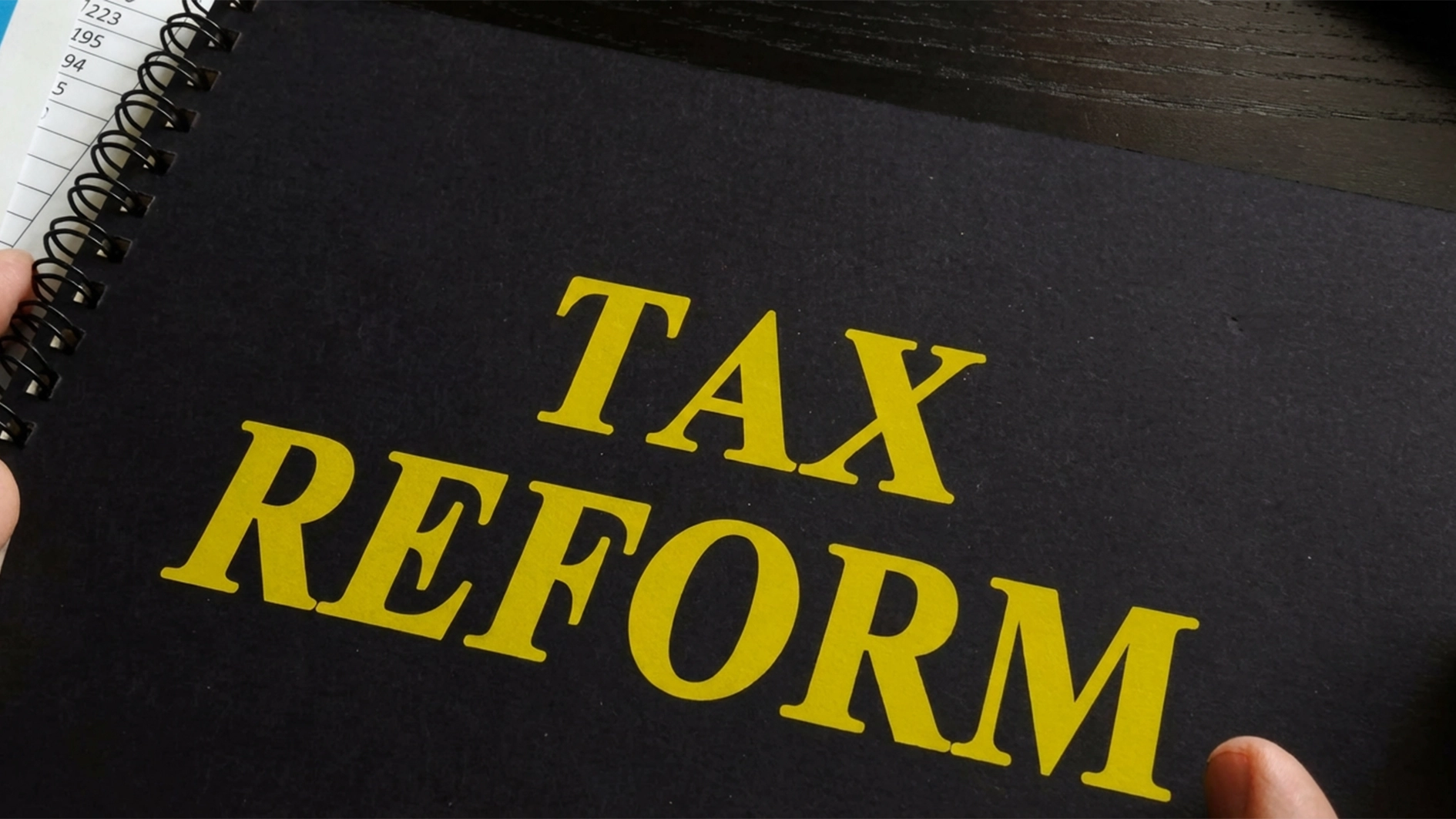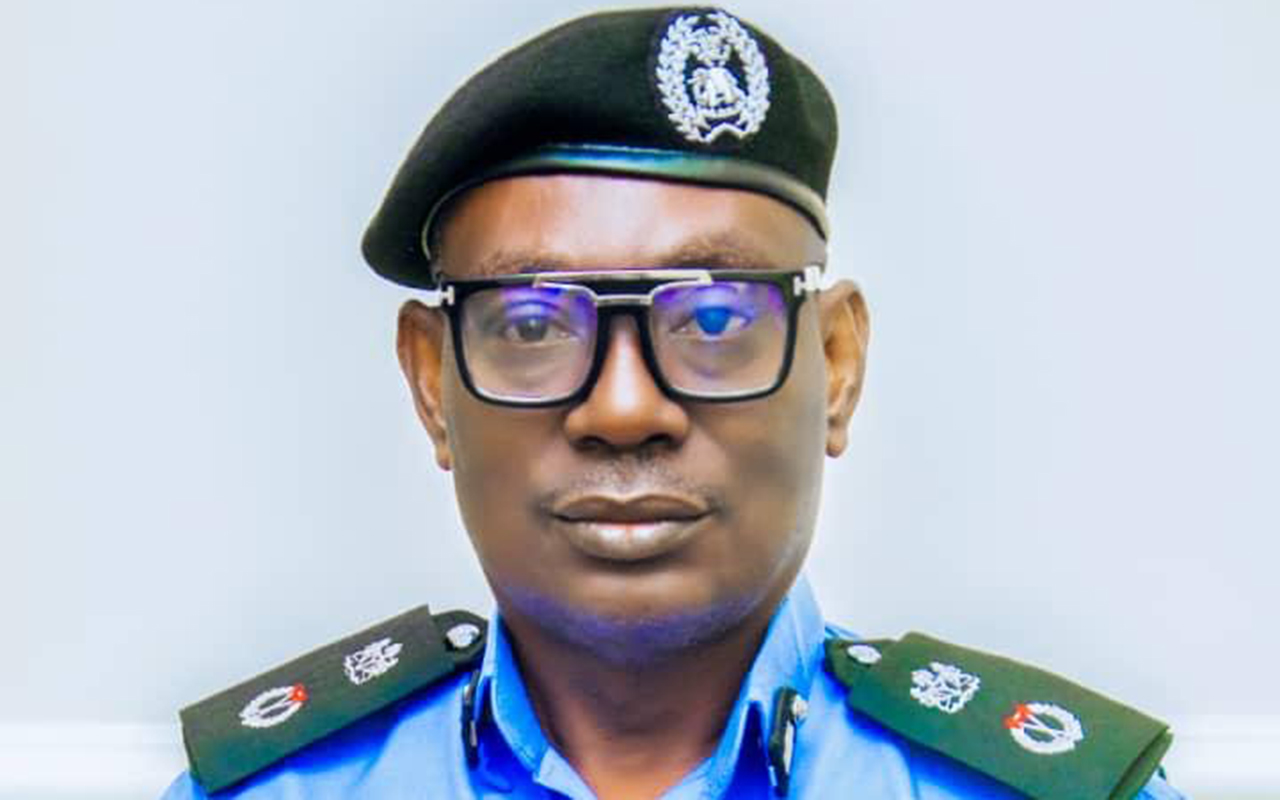
Minister assures of more infrastructure for digital economy
The Federal Government will provide $1 billion, half of the $2 billion required to deliver the country’s 90,000-kilometre fibre project.
The Minister of Communications, Innovation and Digital Economy, Dr Bosun Tijani, who disclosed this at the weekend during a television programme, said the project, which will be financed by loans, was part of the government’s borrowing plans for 2025.
“Earlier this year the Federal Executive Council (FEC) approved a memo, which was to set upgrade fibre optic cables in Nigeria. Half of that money is what the government will make available. The government is making half available, which is just short of $1 billion being secured through loans. It is part of the budget,” the minister stated.
Tijani said the project also received immense support from President Bola Tinubu, the Ministry of Finance and the minister as well.
In addition to the government funding, he said the ministry secured private companies that will provide the other half of the funding for the project.
The minister, who noted that significant progress had been in terms of discussions with funding partners of the project, especially the World Bank, said the government was hoping to commence digging for the laying of the cables in Q2 2025.
Speaking on the importance of government’s support and investment, the minister said many Nigerians were complaining of poor quality service today because of the inadequacy of the infrastructure deployed by the private operators.
He noted that the operators would only invest in areas where they could get higher returns, which is why some parts of the country had been experiencing a lack of or poor connectivity.
“When we came in, the assessment we did was that as a nation, you have two options to build in the backbone for the digital economy and connectivity.
“For people to truly enjoy quality connectivity, you will either have to rely on private companies, the MNOs, the infracos, to put their private funding into building an expansive and extensive network for connectivity within the country,” he stated
He added that the project would also help in increasing Internet penetration in Nigeria to over 70 per cent and reduce the cost of access to the Internet by over 60 per cent.






